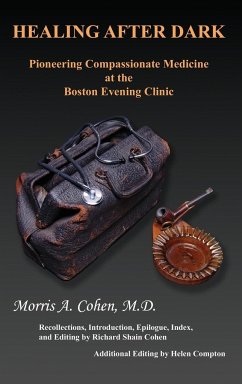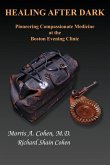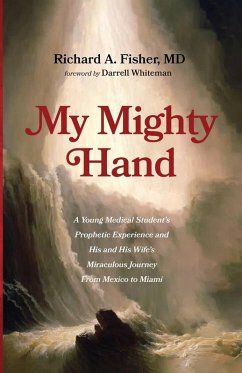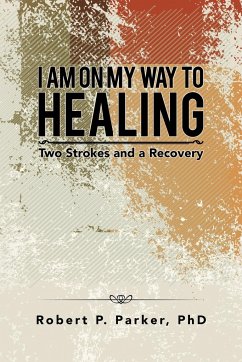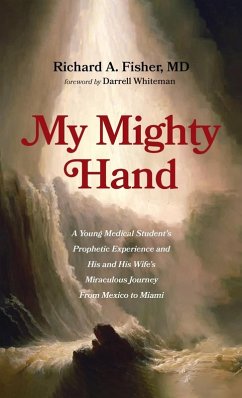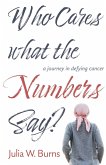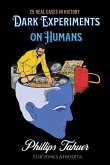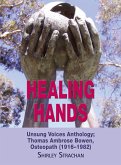In 1927 in the field of health care an unusual event occurred. Morris Aaron Cohen, M.D. founded the Boston Evening Clinic, an unusual and never before conceived facility for the treatment of the indigent and low-wage earners who could not afford to lose a day's pay. It was an endeavor that achieved success against overwhelming odds: the objections of the Massachusetts Medical Society, major hospitals, banks, and businesses. Often denounced as unethical or even called a "liar" by an outstanding member of the Society who believed Morris Cohen was taking money from the poor and placing it in his own pockets, the besieged man never surrendered. None of the criticisms was justified and all were proved false. Why? Because Dr. Morris Cohen, as his memoir attests, persisted; because he believed there were many among us who required the kind of care he believed in. Eventually, this humane man who believed in the dignity of human beings, who recognized the needs of people unable to pay for medical care during the day, rose in stature with his clinic until eventual recognition by Presidents of the United States and persons, both medical and lay, within the United States and beyond. Critical Reviews: "Even though the concept and mission of the Boston Evening Clinic was the first of its kind in the nation, and a model that pre-dated and influenced the sweeping health care laws that ultimately created Medicare and Medicaid, Dr. Cohen's vision was repeatedly thwarted by the myopic business and medical leadership, who apparently failed to grasp the longer term social value of improved health, cost savings, and job preservation that resulted from the Boston Evening Clinic's model of unfettered, timely and preventive care." - Roseanna H. Means, M.D. President and Chief Medical Officer, Women of Means, Inc. Internal Medicine, Brigham & Women's Hospital Associate Clinical Professor of Medicine, Harvard Medical School "Healing After Dark is an inspiration for the next generation of health care reformers. It is a reminder to the current ones that the requirements of perseverance, hard work, with little financial remuneration and movement to overcome the inertia of status quo are practically a guarantee that you are on to something of great importance." - Margaret A. Caudill-Slosberg, MD, PhD, MPH "Dr. Cohen gives readers an exciting insight into the founding and operation of a unique medical facility that still serves a model for these times, as well as an evocation of the life and culture of early twentieth-century Boston." - Bernard M. Hyatt, publisher emeritus of The Jewish Advocate, Boston About the Author: Richard Shain Cohen of Cape Elizabeth, Maine, is originally from Boston. He retired from the University of Maine at Presque Isle after serving as Vice President of Academic Affairs and Professor of English. He holds B.S., M.A., and Ph.D. degrees. He served as editor of the journal Husson Review and was principal participant in a National Endowment for the Arts Grant for "Images of Aroostook" that was exhibited throughout the State of Maine. His own publications, in addition to this book include: The Forgotten Longfellow: Man in the Shadows (2010), Only God Can Make a Tree, poetry from himself and his brother, Alfred Robert Cohen; and the novels Monday: End of the Week, Be Still, My Soul, and Petal on a Black Bough. He also wrote chapters for Aroostook: Land of Promise, academic reviews, other articles, and - with the help of a Shell Grant - a monograph on Samuel Richardson that can be found in major library holdings. Aside from the present book, in progress is a fourth novel.
Hinweis: Dieser Artikel kann nur an eine deutsche Lieferadresse ausgeliefert werden.
Hinweis: Dieser Artikel kann nur an eine deutsche Lieferadresse ausgeliefert werden.

